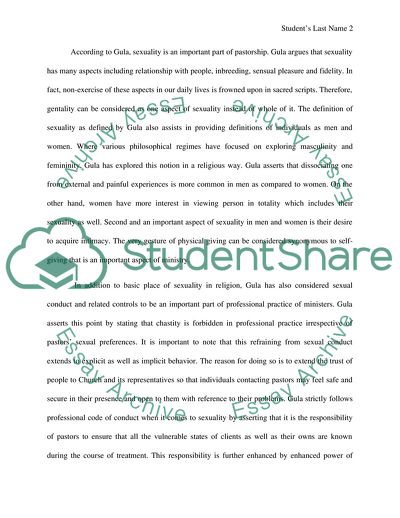Cite this document
(Ethics in Pastoral Ministry Literature review Example | Topics and Well Written Essays - 3500 words, n.d.)
Ethics in Pastoral Ministry Literature review Example | Topics and Well Written Essays - 3500 words. https://studentshare.org/religion-and-theology/1810367-reflection-paper
Ethics in Pastoral Ministry Literature review Example | Topics and Well Written Essays - 3500 words. https://studentshare.org/religion-and-theology/1810367-reflection-paper
(Ethics in Pastoral Ministry Literature Review Example | Topics and Well Written Essays - 3500 Words)
Ethics in Pastoral Ministry Literature Review Example | Topics and Well Written Essays - 3500 Words. https://studentshare.org/religion-and-theology/1810367-reflection-paper.
Ethics in Pastoral Ministry Literature Review Example | Topics and Well Written Essays - 3500 Words. https://studentshare.org/religion-and-theology/1810367-reflection-paper.
“Ethics in Pastoral Ministry Literature Review Example | Topics and Well Written Essays - 3500 Words”. https://studentshare.org/religion-and-theology/1810367-reflection-paper.


